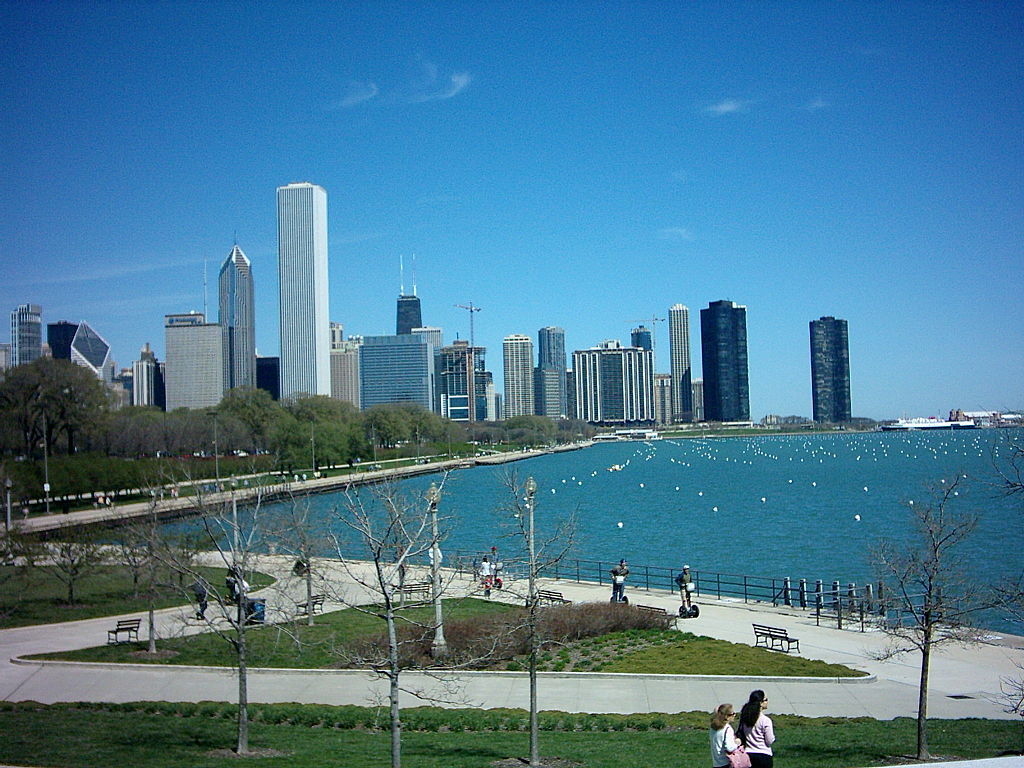The International Organization for Standardization (ISO) has created the first standards to compare services of the world’s cities. The standards provide a way to evaluate a city’s performance based on verified measures on many topics including education, public safety, water, and sanitation. Metrics include those related to air quality, green space, poverty, and health of the population.
ISO wants to encourage higher levels of city service delivery by making the data open and transparent. The data could improve cities’ credit and bond ratings, supporters say, and high-performing cities would be able to argue more forcefully for higher national government assistance and tax sharing. The system could make it tougher for politicians to hide inefficiencies in city policies and administration.
ISO standards makers may also develop measures focused on risk and resilience. Indicators under consideration include the presence of early warning systems focused on threats such as stormwater surges and tornados, or seismic preparedness. The standards are expected to make it easier for cities to compare themselves to others with similar population and characteristics.
Related Stories
| Nov 29, 2012
Government policies help accelerate adoption of green building
Green procurement policies or green building mandates can help accelerate the adoption of green building practices, according to research by Timothy Simcoe and Michael Toffel.
| Nov 26, 2012
Minnesota law to spur development, job creation produced few jobs
Legislation that allowed local governments to direct excess property tax dollars from tax-increment financing districts into other private developments was supposed to kick-start construction hiring in Minnesota.
| Nov 26, 2012
How to boost resilient systems that are sustainable
Cities of the future can be both more resilient and more sustainable by promoting strategies that include solar power and green roofs, programs that minimize demand for energy, rain gardens, and permeable pavement.
| Nov 26, 2012
Developer of nation’s first LEED platinum skyscraper focuses on carbon reduction
The Durst Organization, the developer of the first LEED platinum certified skyscraper in the country, says it will not seek LEED certification for its residential pyramid planned for New York’s West 57th Street.
| Nov 26, 2012
Questions linger over ability of Miami's newer high-rises to withstand hurricanes
Some towers in Miami, rebuilt after a hurricane in 2005, were allowed to be constructed under older building codes instead of newer ones created after Hurricane Wilma.
| Nov 26, 2012
Changes in development and building standards needed for health of Potomac River
The Potomac River’s health stands to suffer if the region does not change its development and building standards, according to the Potomac Conservancy.
| Nov 16, 2012
South Dakota prefers LEED over building code on state projects
“(LEED is) much better than a mandatory building code because you get a little wiggle room in these projects,” said Mike Mueller, a spokesman for the South Dakota Bureau of Administration.












